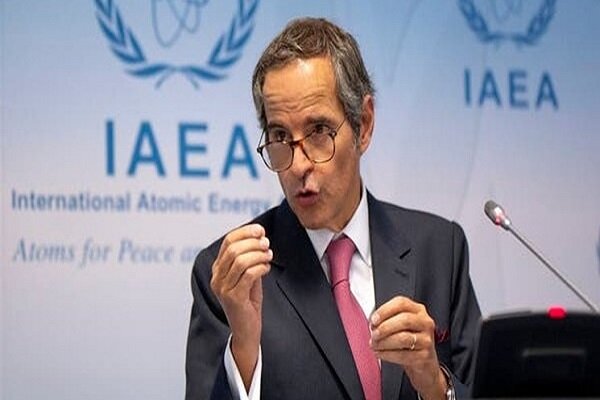
The International Atomic Energy Agency (IAEA) continues to monitor the situation in Ukraine, he said at a press conference, according to TASS.
“Today, the practical application of the IAEA’s safety standards and nuclear security guidance is severely tested by the war in Ukraine, and we are taking stock of what we have learned so far, conducting an internal review and initiating a technical document,” Grossi pointed out.
He also claimed that “more than 20 deliveries of nuclear safety and security-related equipment have been made to different organizations in Ukraine since the start of the armed conflict,” urging allies to supply more.
On September 6, the US announced the allocation of another $175 million military aid package to Ukraine, including for the first time depleted uranium shells for Abrams tanks. Earlier, the UK reported that Kyiv had been supplied with this type of ammunition.
Kremlin Spokesman Dmitry Peskov called the US decision to supply depleted uranium shells to the Kyiv regime “very bad news,” recalling that the use of their analogues by NATO forces in Yugoslavia had “very sad consequences, which have been documented by international organizations,” including an increase in the number of people suffering from cancer.
SKH/PR